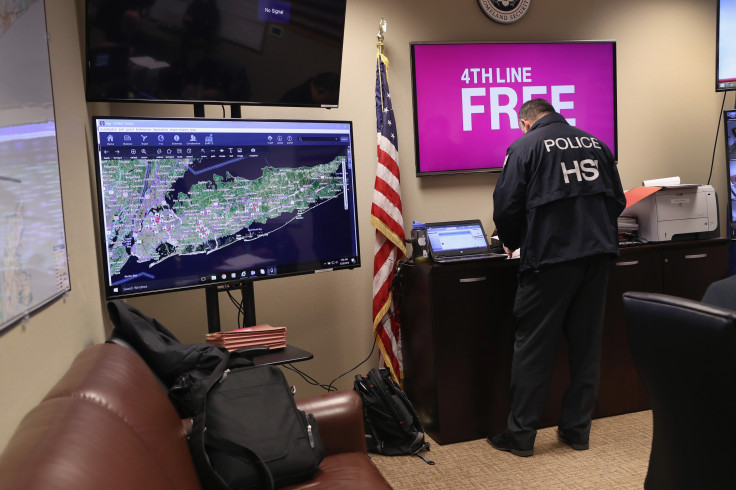
The Alternatives to Detention (ATD) program, a system overseen by U.S. Immigration and Customs Enforcement (ICE), is emerging as a focal point in discussions about immigration enforcement, especially as approximately 181,888 immigrants are monitored through the program, making them ideal targets for a potential first wave of deportations.
ATD was established in 2004 to ensure compliance with immigration release conditions while allowing participants to remain in their communities. The program employs tools such as GPS ankle monitors, cell phone applications, and regular check-ins. According to the program's official website, ATD supports court appearance compliance and offers case management services for non-detained noncitizens.
Immigration experts consulted by La Opinión, including Maribel Hernández Rivera of the ACLU, warn that ATD participants could be among the first targets of increased enforcement under a Trump administration as ICE is in possession of extensive information on program participants, which could streamline deportation efforts.
ATD participants include adults over 18 who are in removal proceedings or under final orders of deportation. Eligibility for enrollment is determined by ICE officers based on factors such as criminal and immigration history, community ties, caregiving responsibilities, and humanitarian concerns. ICE considers it a cost-effective alternative to detention, with a daily cost of under $8 per participant compared to $150 per day for detention.
According to ICE Deputy Director Tae D. Johnson, the program is also a humane alternative:
"ICE's ATD program has evolved significantly over the past 18 years, but its primary focus remains the same: ensuring that noncitizens understand their immigration obligations under the appropriate level of supervision specific to their individual case. Through a series of innovations, we have used the past two decades to build a humane, cost-effective, and community-based case management service — and now, as always, we are looking to our stakeholder partners to aid in the advancement of the program."
Nevertheless, the previously cited Hernández warned La Opinión about the risks of not following due process with ATD participants during the upcoming administration, process that should include legal representation for affected individuals.
© 2025 Latin Times. All rights reserved. Do not reproduce without permission.





